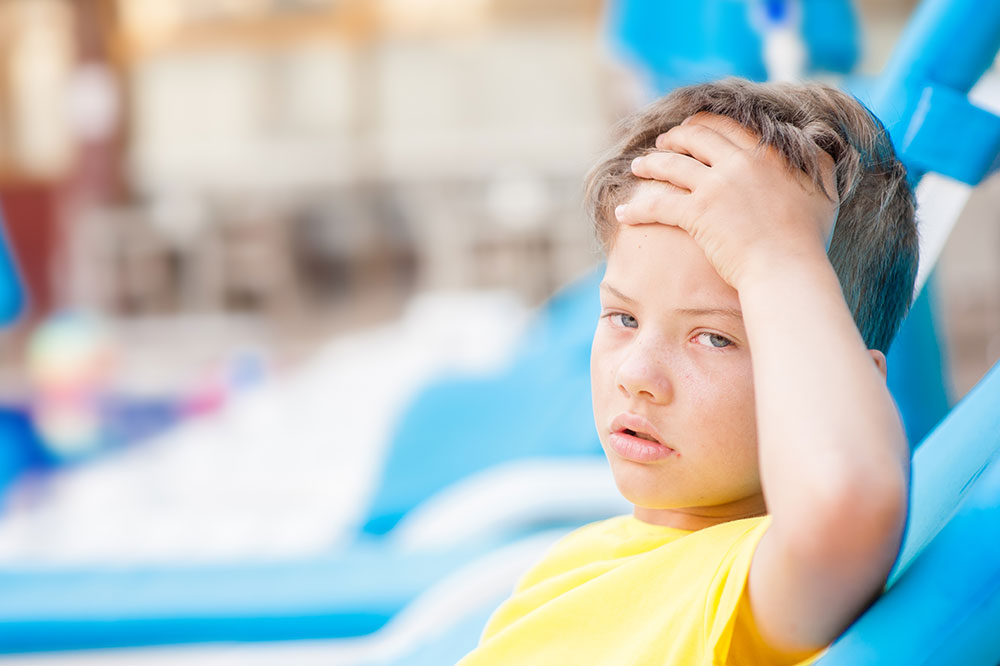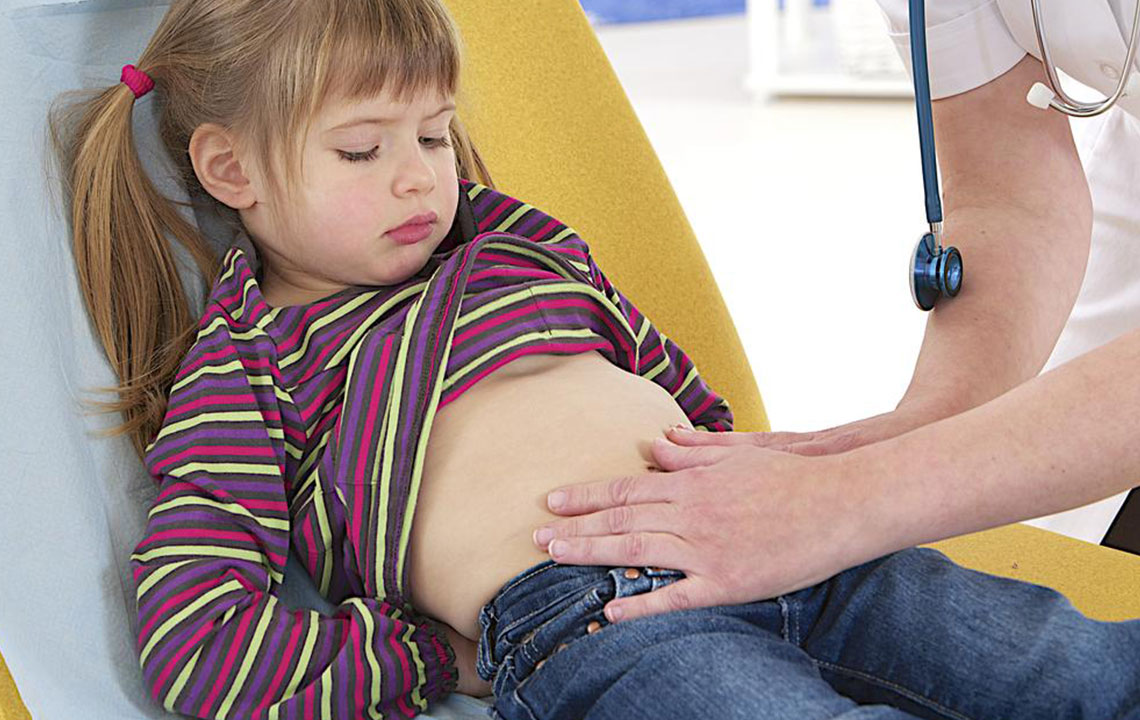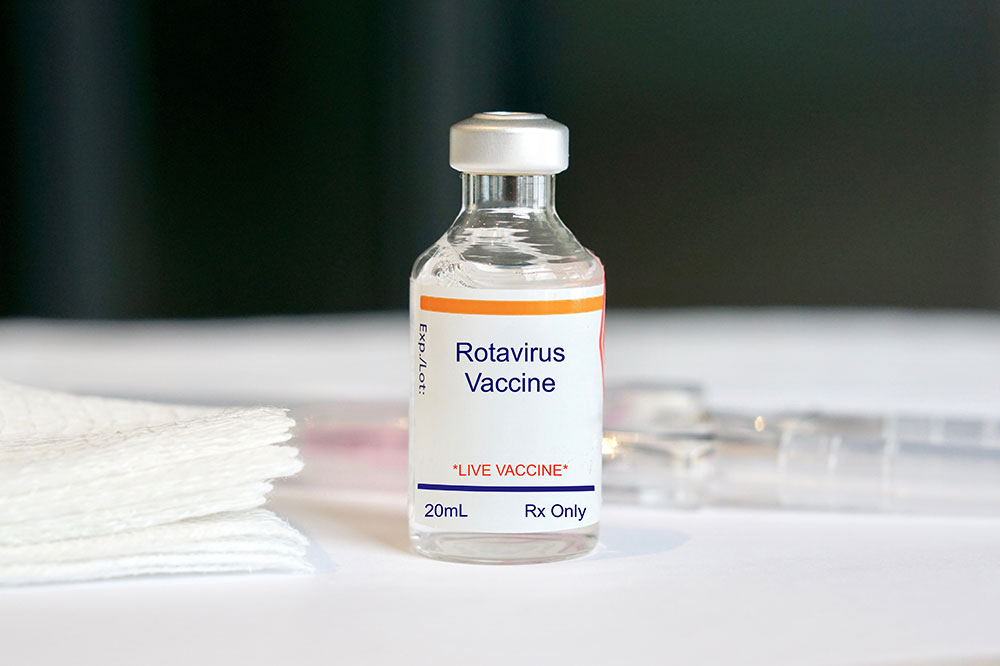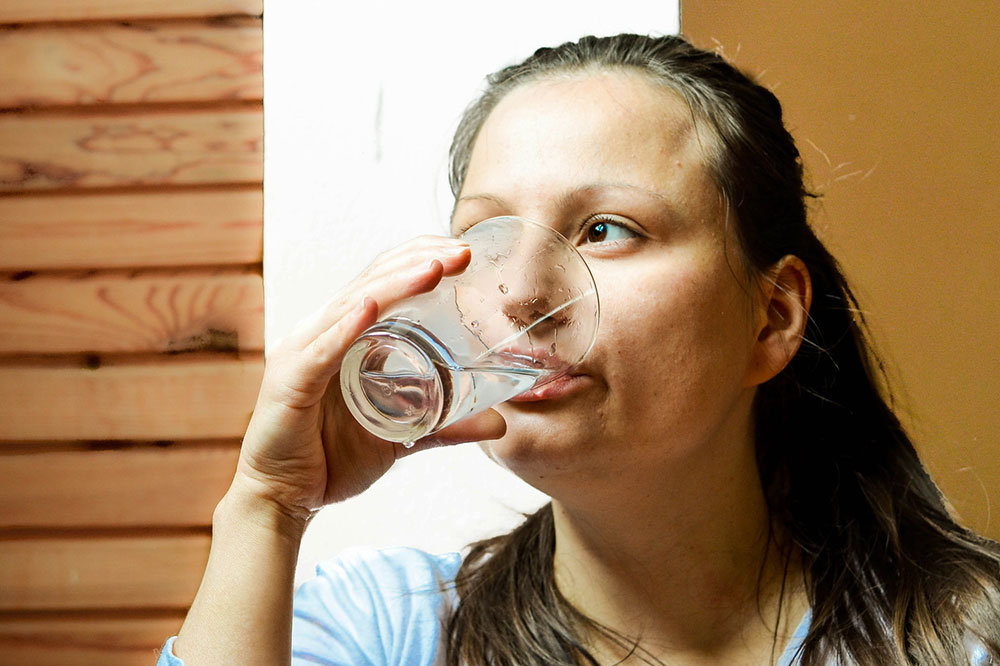Recognizing Signs of Dehydration in Children
This article discusses key signs of dehydration in children, including dry mouth, sunken eyes, and behavioral changes. Recognizing these symptoms early is crucial for prompt treatment. The piece emphasizes the importance of hydration and consulting healthcare professionals for effective management of dehydration in kids.

Common Symptoms of Dehydration in Kids
Dehydration occurs when the body loses more fluids than it absorbs, impacting individuals of all ages including children and infants. The severity of symptoms varies based on fluid loss and response to rehydration efforts. Young children are especially vulnerable due to various underlying factors.
Here, we highlight typical visual cues that indicate dehydration. Early detection allows prompt medical attention. Keep an eye out for these signs:
Dry Mouth
Saliva naturally keeps the mouth lubricated and supports digestion. When dehydrated, children may develop chapped lips and a dry oral cavity. Addressing this early involves encouraging regular water intake and replenishing electrolytes through appropriate fluids like Pedialyte, after consulting a healthcare professional.
Sunken or Dry Eyes
If a child’s tears are minimal or absent during crying, it suggests significant fluid deficiency. Additionally, dry or itchy eyes, and sunken appearances of the eyes inside the socket, are clear dehydration signs, indicating reduced bodily fluids.
Other External Signs
If a child hasn't urinated for over 8 hours, seek medical advice promptly. Mucous membranes, including the inside of the mouth, should be moist and lubricated; dryness hints at dehydration. Immediate consultation with a pediatrician is advisable to prevent complications.
Altered Mood or Behavior
Dehydration can also influence a child's mood, causing irritability or lethargy despite minimal activity. Fluids are vital for maintaining blood circulation and metabolic functions. Changes in behavior can be an early warning of dehydration’s impact on overall health.
Important Note:
This information is intended for educational purposes only. It should not replace professional medical advice. Always consult a qualified healthcare provider for accurate diagnosis and treatment. Do not rely solely on these descriptions for health decisions.









